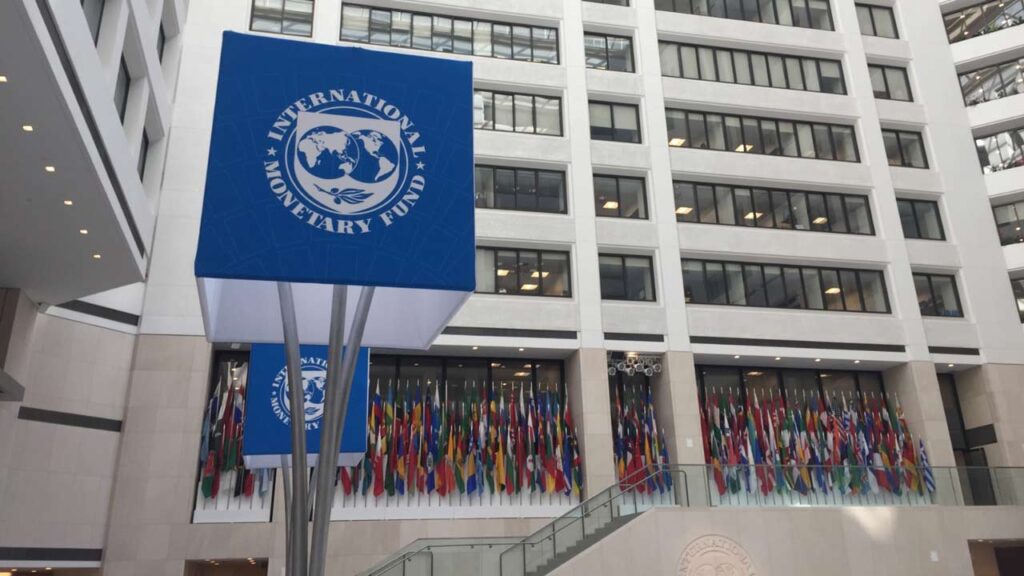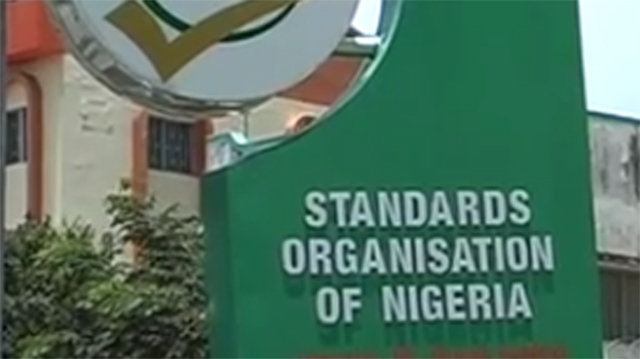
A ruling by the African Union Administrative Tribunal has exposed the leadership of the African Union Commission (AUC), under the former Malian President, Alpha Konaré, at some point, undermined extant rules on personnel recruitment and promotion into key positions.
The verdict, contained in a document obtained by The Guardian, was on alleged irregularities in the recruitment process of the organisation that led to the appointment of the current African Union Commission’s (AUC) Director of Human Resources and Management (DHRM), Nadege Tandu.
The tribunal’s decision, which highlighted the place of fair hearing in resolving workplace conflict, turned out to have exposed how personal whims and caprices of the previous management determined the outcome of the recruitment process.
In 2019, the AUC staff complained about the recruitment process that produced the then-AUC head of human resources, Hamza Sahel. The appointment of Sahel reflected an entrenched system of informality, cronyism and opacity in employment that saw the least qualified individuals securing vital positions at the Union, according to a comprehensive research on the subject.
Sahel symbolised the last breeds of a flawed and informal system of recruitment practices which was developed by the first generation of AU Commissioners, led by Konaré. This system prevented member-states of the AU from supervising the AUC’s hiring processes through the Permanent Representative Committee (PRC). Rather than seeking approval from the PRC before the commencement of recruitment, the Konaré Commission developed a four-pronged process that started and ended with the AUC Chairperson.
First, approval for new positions would be sought from the Bureau of the Chairperson rather than the PRC. The Commission empowered the Human Resources Division (a unit of the Administration and Human Resource Management Directorate (AHRMD)) to establish a hiring committee made up of AUC staff to manage the entire chain of bringing in recruits. The committee would shortlist candidates and interview them after which it sent the results to the Appointment, Promotion and Recruitment Board (APROB) chaired by the Deputy Chairperson of the Commission. The job of the APROB was to rank candidates and recommend the best four candidates to the Chairperson, who had no obligation to choose the best but to exercise his discretion of choice. In other words, this process allowed the Chairperson to select the least qualified among the four recommended candidates.
In 2020, a report accused the Chairperson of taking advantage of the flaw to promote different agendas such as gender balancing at the expense of hiring the most qualified personnel. For an organisation that interfaces between Africa and the rest of the world, the process, which created so much room for bias at every stage, was considered an obstacle to building an effective AUC.
The search for more transparent recruitment intensified in the wake of the conceptualisation of the Agenda 2063 – a roadmap that demanded a more effective administration and management of Africa’s affairs both at domestic and global fronts under the context of a reformed AU. During the AU Executive Council’s Extraordinary Session of November 2018, the quest culminated in the establishment of the R10 – a team of 10 recruitment experts selected from the five regional blocs to develop and revamp the recruitment system of the African Union Commission). Formalising the recruitment process of AUC meant designing minimal qualification standards for categories of employees without jeopardising the need for equity and regional balancing. The deliberation led to what is now known as the R10 Merit-Based Recruitment System (MBRS).
Last year’s recruitment provided the Commission an opportunity to test MBRS and address recurrent complaints but not without giving Sahel an opportunity to seek the arbitration of the African Union Administrative Tribunal. Interestingly, Sahel opposed his replacement even though he did not meet the 15-year post Master’s Degree basic qualification.
The tribunal’s submissions
In its submission, the tribunal dismissed in its “entirety” Sahel’s allegation of bias and discrimination after it observed that the applicant approached it without any affidavit or proof of bias but only with a lawyer’s brief, stressing that the application “fails on admissibility alone”.
The tribunal also held that the onus of establishing bias rests on the applicant, who failed to prove his case with sufficient evidence as he solely relied on a vague Facebook post of Nadege Tandu.
In the referenced Facebook post, Tandu appreciated her country (the Democratic Republic of Congo), whose quota she occupied as Director of Human Resources. She argued that she needed the support of the national government up to the President to represent the country at the continental body; hence the “heartfelt expression of gratitude” was a natural thing to do after she secured the job.
It is worth noting that a clause in AU rules says that “In line with the new AU quota system, which requires respect for the principle of fair and equitable representation of all member states, the Ad-hoc Panel shall prioritise applicants from member states that do not have a director in the quota system. The adherence to the above paragraph will ensure that the principle of appointing, at least, one director from each member state is achieved and in so doing, fair and equitable representation at the director’s level.”
The tribunal, citing the quota rule, concurred with Tandu, noting that the Facebook message is not evidence of bias and does not assist Sahel’s claims. Further, the tribunal argued that there was no evidence that the Congolese leader interfered in the recruitment process.
The ruling also dismissed claims of improper audit of Tandu’s previous career progression. The tribunal noted that Ernst & Young, the firm contracted to carry out the background check, had cleared her job application, even though some of her former employers’ information was not initially available.
According to the tribunal, the exercise faulted by Sahel is perhaps “the most transparent recruitment process ever”. The only conspicuous irregularity was the shortlisting of the Sahel without meeting the terms of reference, it added. The R10 observers noted that having allowed Sahel and one other candidate (who scored less than 70 but above 60 in the first stage) to advance to the next stage of the exercise was not proper and should not happen again.
Sahel and self-entitlement syndrome at the 2019 was not the first time Sahel was favoured in his career at AUC. In 2017 and three years after joining AU as a human resource officer, he received a “favourable recommendation” in a letter that sought waivers to help him become the head of the AU Human Resource Department on an acting basis although he was not the most senior officer in that department.
“I humbly seek an exception to the AU staff Rule 35. 1(b) which states that unless justified by exceptional circumstances, the most senior staff of the department, division or unit shall be eligible to act and request the approval of his acting appointment and payment of acting allowance,” the recommendation reads. A month after the generous recommendation, Sahel’s senior colleagues were shoved aside by the then Deputy Chairperson (DCP) of the African Union Commission (AUC), and Sahel was picked to head the Human Resources Department.
Barely two years after he was made Head of Human Resources in an acting capacity, he filed a case at the tribunal seeking to be confirmed as substantive Head of Human Resources. The case was settled on 31 January, 2020, and contrary to extant rule 35. 1(d) which required that most senior officers take over the responsibility, the Chairperson of the AUC confirmed Sahel as the substantive Head of Human Resources.
Like Oliver Twist, Sahel desired more than just the title of head of department. In 2021, the position of DHRM was advertised; he applied and was appointed in an acting capacity pending the recruitment of a substantive director. Two months after the ambitious Sahel was appointed as DHRM on an interim basis, an assessment of the candidates was done based on the MBRS. Sahel who fell short of the criteria (alongside another candidate) was added to the originally selected three candidates for the final stage whose outcome he rejected.
Sahel stretched his luck and greed too far, presuming he would continue to get elevated, even to offices for which he was least qualified. Whether or not his case means a departure from the past remains to be seen, but for AUC, it is the first major step in weaning itself of the risk of incompetent personnel.












